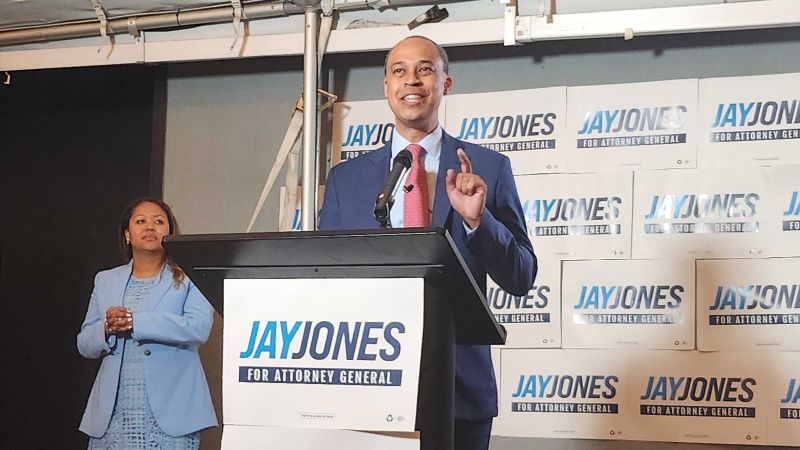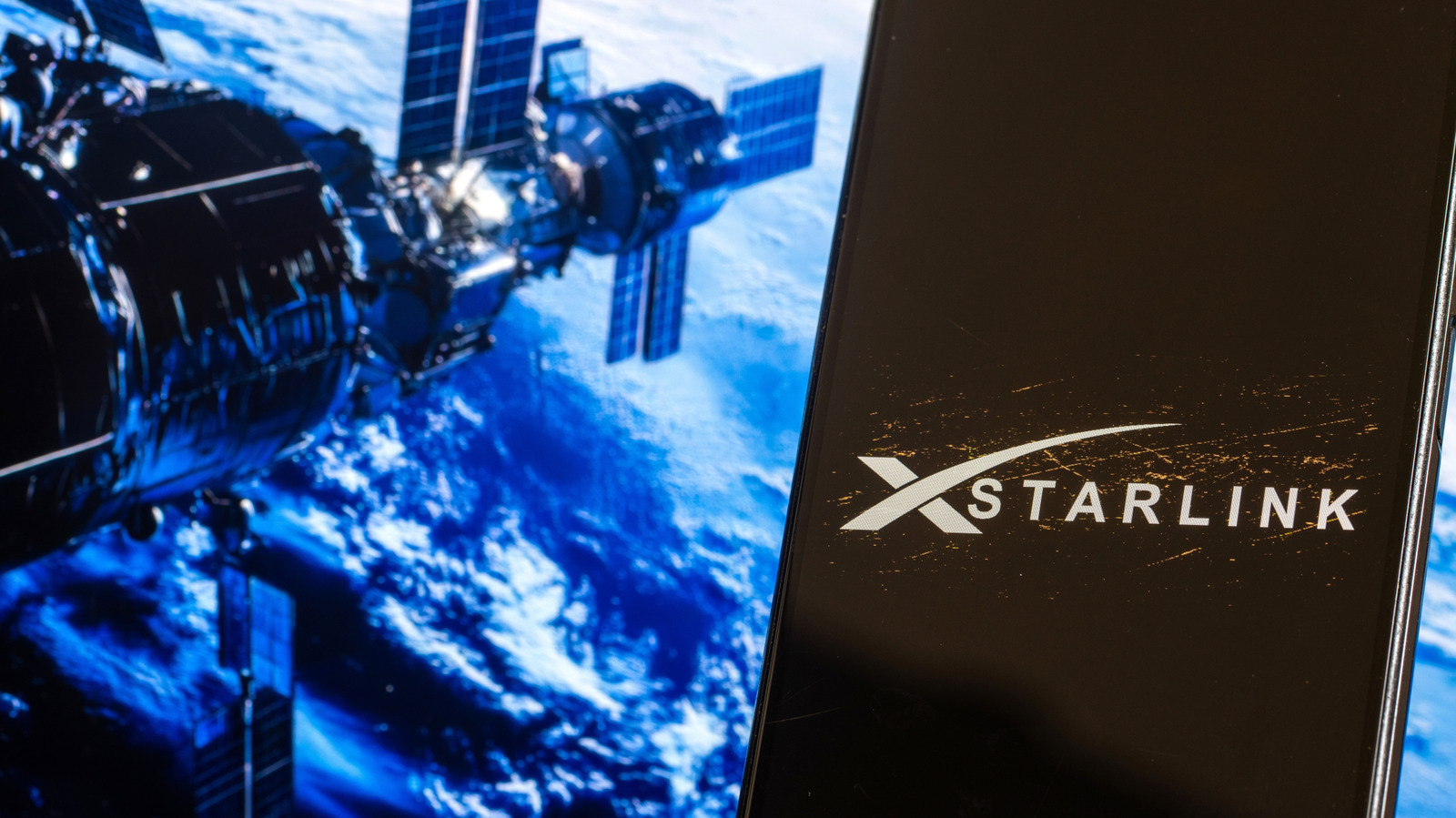Noting that its “project areas span from mountains and hills to farmland and coastal plains,” the DHCD said its previous experience with grant-funded deployments “revealed that tree canopy, rugged terrain, and slope can complicate installation and/or obstruct line-of-sight.” State officials said that wireless and low-Earth orbit satellite technology “can have signal degradation, increased latency, and reduced reliability” when there isn’t a clear line of sight.
The DHCD said it included these factors in its evaluation of priority broadband projects. State officials were also apparently concerned about the network capacity of satellite services and the possibility that using state funding to guarantee satellite service in one location could reduce availability of that same service in other locations.
“To review a technology’s ability to scale, the Office considered the currently served speeds of 100/20 Mbps, an application’s stated network capacity, the project area’s number of [locations], the project area’s geographic area, current customer base (if applicable), and future demand,” the department said. “For example, the existing customer base should not be negatively impacted by the award of BEAD locations for a given technology to be considered scalable.”
SpaceX: “Playing field was anything but level”
SpaceX said Virginia is wrong to determine that Starlink “did not qualify as ‘Priority Broadband,'” since the company “provided information demonstrating these capabilities in its application, and it appears that Virginia used this definition only as a pretext to reach a pre-ordained outcome.” SpaceX said that 95 percent of funded “locations in Virginia have an active Starlink subscriber within 1 mile, showing that Starlink already serves every type of environment in Virginia’s BEAD program today” and that 15 percent of funded locations have an active Starlink subscriber within 100 meters.
“The playing field was anything but level and technology neutral, as required by the [updated program rules], and was instead insurmountably stacked against low-Earth orbit satellite operators like SpaceX,” the company said.
We contacted the Virginia DHCD about SpaceX’s comments today and will update this article if the department provides a response.
Source link


